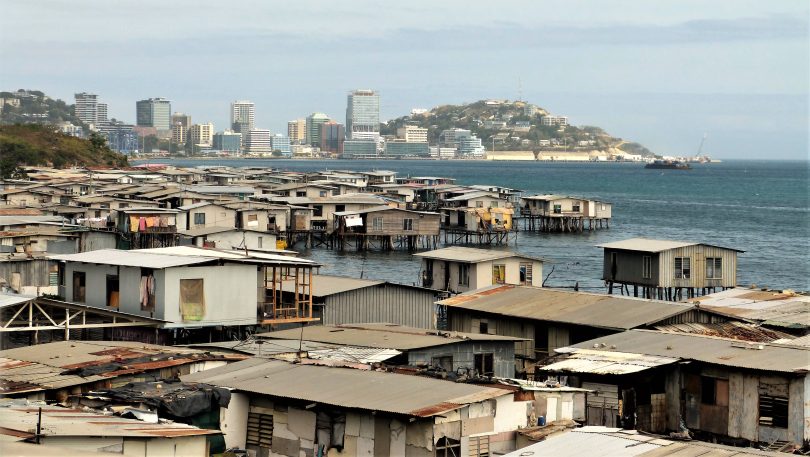Across 5-7 September, delegates gathered at the Pacific Islands Forum Secretariat (PIFS) in Suva for the 6th Pacific Urban Forum (PUF). The PUF is a four-yearly event aimed at elevating urban issues in policy, with the most recent looking to “revitalise the Pacific New Urban Agenda” (formed at PUF4 in 2015) through multistakeholder partnerships and regional cooperation.
PUF6 was organised by the Pacific Urban Partnership. The partnership includes UN-Habitat, UNESCAP, the Commonwealth Local Government Forum, and Australian universities and other organisations. A particular focus at PUF6 was to more strongly “institutionally anchor” urban issues in the region – particularly in Pacific Islands Forum (PIF) plans and programs. Here, the PIFS hosting of PUF6 was viewed as particularly important (at least the last three have been held in Nadi hotels).
The event was well attended, with over 300 delegates from central and local government, NGOs, development partners, regional organisations, universities, and individual urban professionals from across the region. 40 side events were held, focused on issues such as climate change adaptation, urban economies (both formal and informal; PUF6’s repeated positive framing of urbanisation – if well managed – is important), urban governance, customary land (much recent growth of Pacific cities and towns is on the peri-urban fringe, often on customary land outside of municipal town boundaries), and informal settlements and housing (PUF6 was preceded by the Habitat for Humanity-organised Pacific Housing Forum on 4 September also in Suva). Diverse voices were heard, including from youth and (refreshingly, and for the first time) from Indigenous Australia – Cairns-based Trevor Tim emceed Day 2, and there were other Indigenous Australian representatives too.
Like earlier PUFs, central themes included the inevitability of continued urbanisation in the region (check out projections of Pacific urbanisation [p. 11]), and the criticality of “climate action for resilient Pacific settlements”, including side events on loss and damage, climate justice, and the role of nature (all on Day 2). The eventual, crafted outcome statement – the Suva Statement for a Sustainable Urban Pacific – emphasises the importance of regional coordination, encourages the role of the PIF in sustainable urbanisation, links the Pacific New Urban Agenda with the 2050 Strategy for the Blue Pacific Continent, and strives to “institutionalise and embed sustainable urban development in the regional development architecture”.
But challenges remain. Repeated, largely unheeded calls have been made in the past for greater political and regional attention to, and regional coordination of, sustainable urbanisation. The 2050 Strategy currently only mentions “urban” once – although sessions at PUF6 were held on how urbanisation issues link to the thematic areas of the 2050 Strategy as the PIFS continues work to finalise implementation plans. And in the words of the regional director of Local Governments for Sustainability (ICLEI), part of the organising Pacific Urban Partnership, “what does all this mean for Pacific city leaders and administrators?” – when, for example, cities and towns in the Pacific are faced with rapid urbanisation, informal settlement growth, climate impact and limited resources.
Perhaps increased regional coordination will help. Efforts, emphasised at PUF6, on SDG localisation and subnational/local voluntary reviews might assist too. Much needs to be done; the challenges are shared, but also local.
In the PIFS opening remarks it was highlighted that the ocean, at the centre of Pacific culture and geography, is critical for Pacific livelihoods and wellbeing – for both rural and urban people. More could be made of this connection (begun – in work that I was part of – with UNESCAP’s Ocean Cities concept).
Trevor Tim’s frequent refrain from Day 2 seemed prescient: “keeping it together, together”. For sure, there are many multistakeholder partnerships with a role to play. But – in linking back to the words of ICLEI – one wonders if the work of local government, at the forefront of managing urban growth amid increased climate impact, is particularly critical and merits increased support. Progress will be reassessed at PUF7, confirmed to be hosted by Papua New Guinea in Port Moresby.
Disclosure
The author’s attendance at PUF6 was funded by the Marsden-funded NUWAO research project.



Leave a Comment